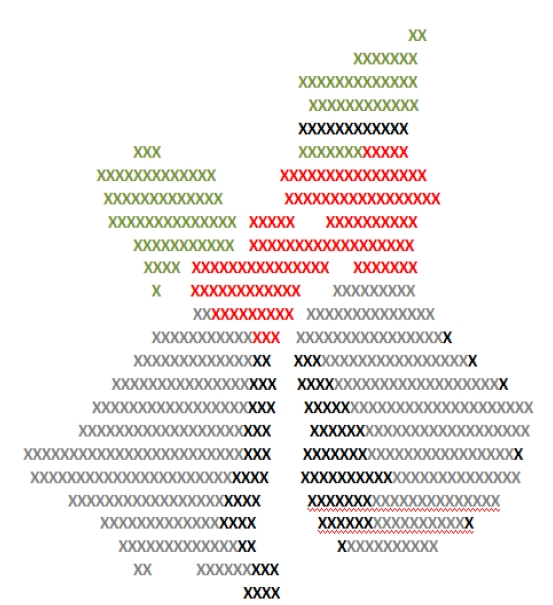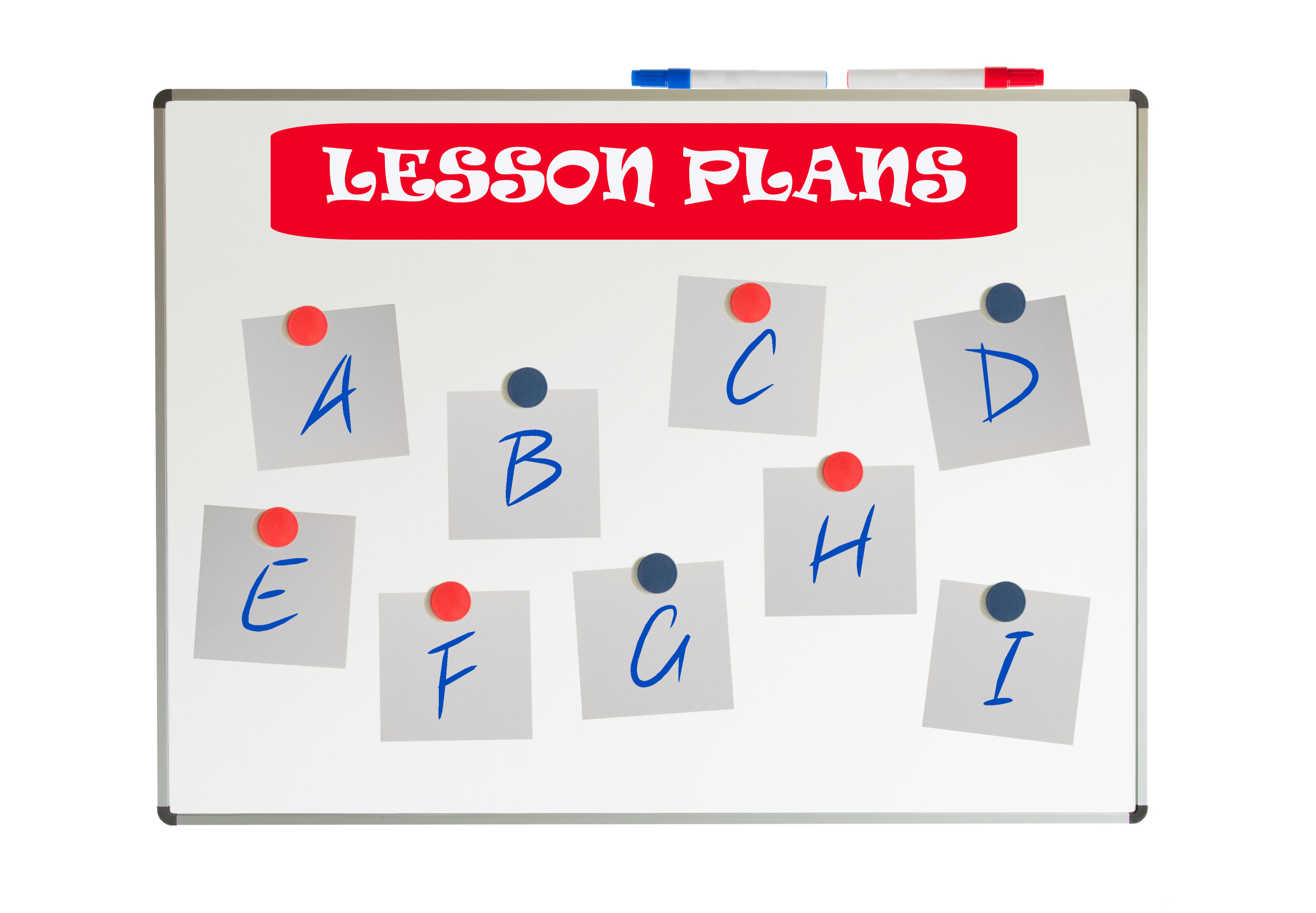From the three-paragraph essay to one that lives up to the purpose of essays is a big leap both scholastically and skills-wise. Here are four tips from the Ask a Tech Teacher team to get you started:
How to Improve Essay Writing Skills: Abbie Kay from State of Writing Giving Tips and Strategies for Students
Improving essay writing skills is crucial for students aiming to excel academically. Abbie Kay from State of Writing emphasizes that solid writing is about expressing ideas and effectively engaging and persuading your audience. Here, we delve into practical tips and strategies to transform your writing from good to great, ensuring your essays are clear, compelling, and academically rigorous.
1. Understand the Essay Structure
Mastering the structure of an essay is foundational to writing success. Abbie Kay points out that a well-organized essay helps guide the reader through your arguments coherently and logically. Essential elements include:
- Introduction: This should outline the main topic and your thesis statement, setting the stage for the discussion.
- Body paragraphs: Each paragraph should focus on a single point that supports your thesis, including evidence and analysis.
- Conclusion: Summarize your main points and reinforce your thesis, showing how the information in the essay interlinks.
- Transitions: Effective transitions between paragraphs ensure your essay flows smoothly from one idea to the next.
Focusing on these structural components will ensure that your essays are well-organized and easy to follow, enhancing the clarity of your argument.
Alongside these self-help strategies, expert writer Abbie Kay recommends leveraging professional services for additional support. StateOfWriting is a platform that provides expert guidance on personal statement writing, significantly enhancing your writing skills. By incorporating feedback from seasoned writers, students can refine their papers to meet higher academic standards and develop a deeper understanding of effective writing techniques, ensuring they produce impressive and impactful work.
2. Develop Your Thesis Clearly
A clear and concise thesis is the cornerstone of effective essay writing. Abbie Kay stresses the importance of refining your thesis statement as it directs the focus of your essay. Key considerations include:
- Specificity: Your thesis should be specific enough to guide your writing and not so broad that it needs more focus.
- Arguability: A good thesis will present a viewpoint that others might challenge.
- Relevance: Ensure the thesis is relevant to the assignment question and adds value to the discussion.
- Clarity: Avoid complex language; clarity in your thesis makes it easier for readers to understand your viewpoint.
A strong thesis sharpens your focus and organizes your research and writing efforts, making your overall argument more compelling.
3. Use Evidence Effectively
Incorporating evidence is vital for supporting your thesis and arguments. Abbie Kay advises that the strength of your essay often rests on the quality and relevance of your proof. Practical strategies for using evidence include:
- Credibility of sources: Use credible and authoritative sources to strengthen your arguments.
- Integration of quotes and data: Seamlessly integrate quotes and data into your writing without disrupting the flow of your essay.
- Analysis of evidence: Don’t just present evidence; analyze it to show how it supports your thesis.
- Citation and referencing: Properly cite all your sources to avoid plagiarism and to add credibility to your essay.
Proper use of evidence bolsters your claims and demonstrates your ability to critically engage with and analyze information, an essential skill in academic writing.
4. Revise and Edit Your Work
Revision always plays a critical role in writing and deserves careful attention. Abbie Kay highlights the importance of revising and editing your essays to refine your ideas and enhance clarity. Key aspects of this process include:
- Content review: Check if all points are relevant to your thesis and adequately supported by evidence.
- Structure check: Ensure each paragraph transitions smoothly and supports the overall argument.
- Grammar and spelling: Eliminate basic errors that can detract from the professionalism of your work.
- Feedback: Seek feedback from peers or instructors to gain insights into how your writing might be improved.
Thorough revision and editing polish your essay and enhance its argumentative impact, ensuring that your final submission is clear, coherent, and error-free.
Wrapping Up
By adopting these strategies, students can significantly improve their essay-writing skills. Abbie Kay’s tips provide a robust framework for crafting structured, persuasive essays that reflect high academic standards. These skills are not only essential for academic success but also valuable for professional communication in the future.
Here’s the sign-up link if the image above doesn’t work:
https://forms.aweber.com/form/07/1910174607.htm
“The content presented in this blog are the result of creative imagination and not intended for use, reproduction, or incorporation into any artificial intelligence training or machine learning systems without prior written consent from the author.”
Jacqui Murray has been teaching K-18 technology for 30 years. She is the editor/author of over a hundred tech ed resources including a K-12 technology curriculum, K-8 keyboard curriculum, K-8 Digital Citizenship curriculum. She is an adjunct professor in tech ed, Master Teacher, webmaster for four blogs, CSTA presentation reviewer, freelance journalist on tech ed topics, contributor to NEA Today, and author of the tech thrillers, To Hunt a Sub and Twenty-four Days. You can find her resources at Structured Learning.





































